QuestionQUESTION: I have a very large yorkie. 13 or 14 lbs.
he is 2 yrs. old.
we always feed him 1/2 cup of dry dog food twice a day.
lately, he will go to the door where we keep the dog food and bark.
should we be feeding him more
he gets 2 long walks a day.
plus his normal outings.
Sandy
ANSWER: Hi Sandy,
If your dog weighs 13 lbs, the recommended daily caloric amount is between 450 and 500 calories. I would suggest aiming for that amount, including treats, as a starting point; but bear in mind dogs actual metabolic needs can vary greatly. 450 - 500 calories may be too much or too little for him, it is simply an average amount for 13 pounds of dog. Check on your food bag to see how many calories are in a cup, and aim for 90% of the diet from his food, leaving a little room for treats. You didn't say which food you use, but caloric content varies significantly from one brand to the next.
Several factors influence how much food an individual dog requires; exercise is one, but dogs also require less overall energy as they age - but not lowered nutrient amounts. Check to see what the caloric content of the food is and see how close you are to his goal amount. Also, a few questions can help me offer more precise advice: have you increased his exercise lately? How old is he? Have you changed brands lately? What brand do you use (or do you switch around?) what about treats, how many does he get and what kind?
If he seems hungrier than usual, several things can be going on, but first let's see how much he is actually eating in terms of calories, then go from there. Some dogs are just hungry, and want to eat all the time, while others, even within the same breed, can be quite indifferent or even picky. It's also possible he actually needs more.
Fill me in a bit more and I can be more precise in what I recommend.
Catherine
---------- FOLLOW-UP ----------
QUESTION: My yorkie is 2 (birthday Feb 5)
we feed him Kibble & Bits Home Style Beef and Vegetable
He gets 2 very long walks per day (of about 1mile each)
plus his normal small duty walks.
My husband says he is 15 lbs., but this is us trying to weigh him on our scales.
I cannot find the calories of the dog food, it is not on the bag, and I e mailed them and asked. But no answer yet.
Sandy
AnswerHello again Sandy,
I also found it difficult to locate the calorie content of this food. But when I was on the website looking, I took a look at the ingredients, and although this isn't directly what you were asking, I want to point out to you some problems with this food. I know your dog's health is a big concern, and I am seriously concerned about the quality of this kibble. Below is a list of the ingredients in the Kibbles N Bits Homestyle dry food:
"Corn, soybean meal, ground wheat flour, beef & bone meal, animal fat (BHA used as preservative), water sufficient for processing, corn syrup, wheat middlings, soy flour, animal digest, wheat gluten, propylene glycol, salt, hydrochloric acid, chicken, potassium chloride, caramel color, titanium dioxide, sorbic acid (used as a preservative), choline chloride, sodium carbonate, minerals (ferrous sulfate, zinc oxide, manganous oxide, copper sulfate, calcium iodate, sodium selenite), dried carrots, vitamins (vitamin E supplement, niacin supplement, vitamin A supplement, d-calcium pantothenate, riboflavin supplement, pyridoxine hydrochloride, thiamine mononitrate, vitamin D3 supplement, folic acid, biotin, vitamin B12 supplement), calcium sulfate, potassium sorbate (used as a preservative), yellow 6, yellow 5, BHA (used as a preservative), dl-methionine, red 40. "
It's difficult to know where to start in terms of the problems here, but let's look at the fist three ingredients: Corn, soy meal and wheat. All three of these items are A) common canine allergens and B) carbohydrate sources, of which a dog needs much less than a human requires.(Technically, the dog has no 'requirement' for carbohydrate at all, but some fiber from appropriate sources is healthy and useful). We like to see meats - beef, turkey, chicken, salmon - listed in the first three, but there are none here. Next, "animal fat" is what we call a mystery ingredient, because it means the company cannot (or will not) identify what source the fat is from. In addition, it is preserved with BHA, which is a known carcinogen and removed now from all quality dog foods. Corn syrup, wheat gluten - propylene glycol - titanium dioxide? I urge you to reconsider and look for a less chemical laden food, one with identified ingredients and much more protein from animal sources.
Let's take a look at a food I like, one that is developed expressly for the smaller dog, and compare:
"Bison | Salmon Meal | Millet | Brown Rice | Cracked Pearled Barley | Rice Bran | Canola Oil | Tomato Pomace | Flaxseed | Natural Flavor | Salmon Oil (source of DHA) | Choline Chloride | Taurine | Dried Chicory Root | Parsley Flakes | Pumpkin Meal | Almond Oil | Sesame Oil | Yucca Schidigera Extract | Thyme | Blueberries | Cranberries | Carrots | Broccoli | Vitamin E Supplement | Iron Proteinate | Zinc Proteinate | Copper Proteinate | Ferrous Sulfate | Zinc Sulfate | Copper Sulfate | Potassium Iodide | Thiamine Mononitrate | Manganese Proteinate | Manganous Oxide | Ascorbic Acid | Vitamin A Supplement | Biotin | Calcium Panthothenate | Manganese Sulfate | Sodium Selenite | Pyridoxine Hydrochloride | Vitamin B12 Supplement | Riboflavin Supplement | Vitamin D3 Supplement | Folic Acid | "
In contrast to Kibbles and Bits, this food (from the Solid Gold company, www.solidgoldhealth.com) uses animal proteins as the first two ingredients; uses whole grains (no wheat or soy) no BHA, propylene glycol etc - much more wholesome ingredients. My first piece of advice is to switch to a premium brand, and this brand is only one possibility of many. I also like Orijen, Canidae, Wellness and several other commercial diets, far more than the Kibbles and Bits. In the interest of your little guy's health, I'd start right there.
A long read but a very informative one can be found at http://www.api4animals.org/facts.php?p=359&more=1 but be forewarned, some of it is disturbing.
I am including here a few paragraphs from one of my seminar handouts, which might also be useful for you in temrs of what to look for in a food.
" Here is how I start looking at a food, and I would encourage you to try these methods too.
1. Check through the list for any of the really undesirables - corn gluten meal, brewer's rice, propylene glycol, ethoxyquin, BHA/BHT, anything unidentified eg "animal fat" or "meat". The presence of one or more of these should rule that food right out, right away.
2. Evaluate the main ingredients, which are anything listed before the first fat source (not the first five, as is commonly thought). You need to evaluate the quality of these ingredients and this can take some time to learn how this works. Briefly put, you want to look for;
- whole meat sources, specifically identified - lamb, duck, salmon, turkey, not by products
or digest, or generic things like "poultry"
- specifically identified meat meal is fine, it simply means that the meat has had water removed
and does not speak to meat quality per se, only weight of this ingredient - foods that list for
example, "lamb meal" as a first ingredient may
actually contain more meat protein than one that simply says "lamb" since meal is more
concentrated with water removed
- specifically named fats and oil sources - chicken fat, sunflower oil as opposed to "animal fat" or
"vegetable oil"
- an Omega 6:3 ratio of anywhere from 7:1 to 5:1 - but you can always add more fish oils if the ratio
is the only thing you don't like about a food
- carbohydrates are not all evil as some suspect, but the type, amount and quality will all be
important considerations in choosing a food. Look for lower or non gluten grains like rice and
seeds such as quinoa and amaranth, also white and sweet potato as healthier alternatives to
wheat, oats, barley and sorghum. You want whole unprocessed grain as much as possible since
processing removes a lot of nutrient value. Grain should not be a main protein source as amino
acids from grain are of a much lower biological value for the carnivore..and this will mean that the
amount of crude protein stated on the label may well be much lower in the dog's system, resulting
in less than optimal nutrition.
-appropriate nutrient content for your individual dog - is your dog arthritic? Best to avoid white
potato. Do you have a Giant breed puppy? There are excellent new foods that are formulated with
what we currently know about minerals, fats and energy for these unique dogs. And so on.
These are a few important guidelines, to help you choose a diet or several types to use as staple foods, not intended to be comprehensive here, but a list of basic ideas."
Finally; high quality dog foods usually are higher in calories per cup than are the ones that use a lot of filler (like corn wheat and soy). Solid Gold's food (abovce) has 380 per cup. This means 1/2 cup twice a day could form the basis of a very healthy diet for him, and leave you some room for a biscuit or two, or other treats (I like raw carrots, dehydrated sweet potato, small pieces of cooked turkey, liver and beef heart, and plain, whole fat yogurt).
I still have no idea how much energy is in a cup of Kibbles and Bits, but at this point, my main suggestion for your dog is to switch the food to one that provides more wholesome nutrition overall. Your dog is getting a lot of exercise for a toy breed, and they can be susecptible to various nutritionally-related health issues, as you no doubt are aware, so aim for the best nutrition you can find. Hypoglycemia is primarily a puppy concern, but if a Yorkie gets a lot of exercise I'd start to think about three feedings a day instead of two, just to be safe.
http://www.marvistavet.com/html/body_toy_breed_hypoglycemia.html
I hope this was helpful! Feel free to ask anything that isn't clear, of course.
Catherine

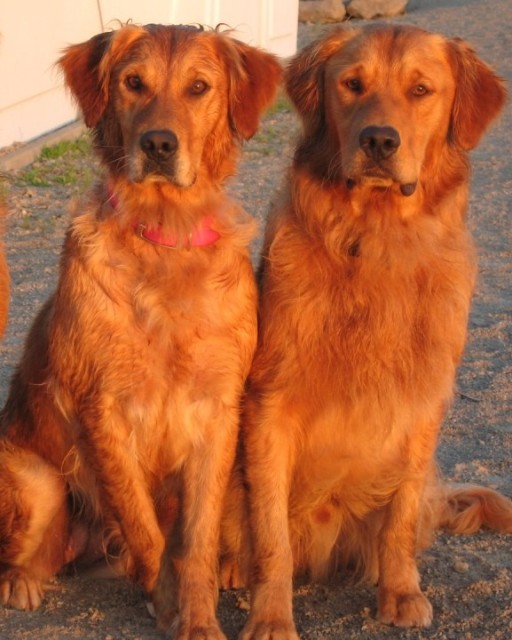 hypo-allergetic dog food
Questionhi,
i have 3 dogs...11 year old lab w/major all
hypo-allergetic dog food
Questionhi,
i have 3 dogs...11 year old lab w/major all
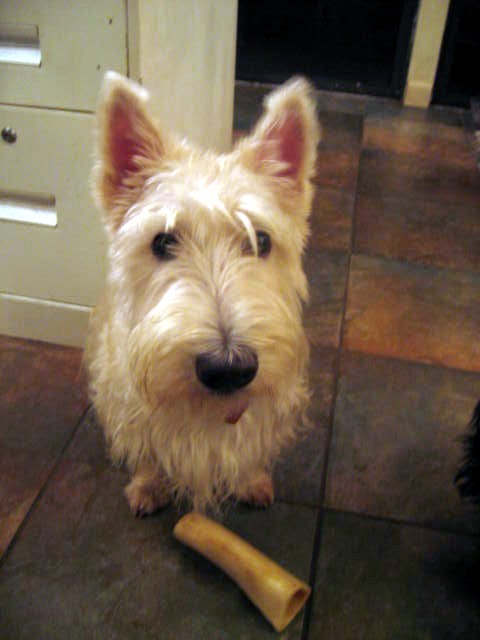 wheaten colored scottie with sensitive GI
QuestionJasper
QUESTION: I have two black Scotti
wheaten colored scottie with sensitive GI
QuestionJasper
QUESTION: I have two black Scotti
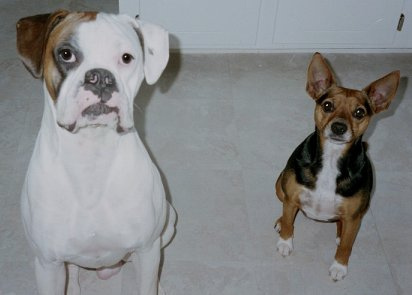 Which dog food is best?
QuestionMy 4-legged kids
QUESTION: I have a pure
Which dog food is best?
QuestionMy 4-legged kids
QUESTION: I have a pure
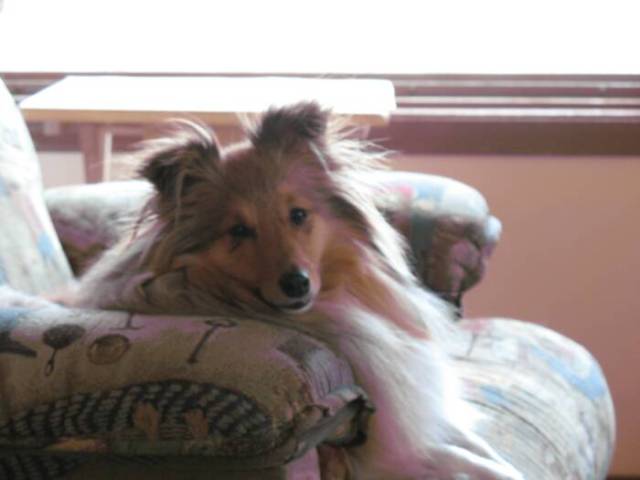 50lbs down to 20lbs
QuestionBeagle mix age 15. She has lived a year l
50lbs down to 20lbs
QuestionBeagle mix age 15. She has lived a year l
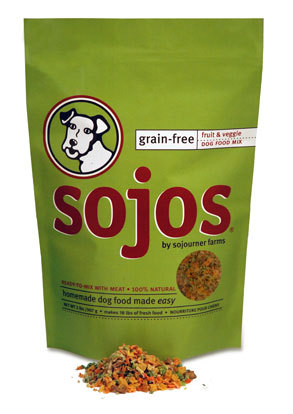 food/brand, mini schauzer; dog food recipe pancreatitis;
QuestionQUESTION: my mini schnauzer is 16 mo, 15 lbs, a
food/brand, mini schauzer; dog food recipe pancreatitis;
QuestionQUESTION: my mini schnauzer is 16 mo, 15 lbs, a